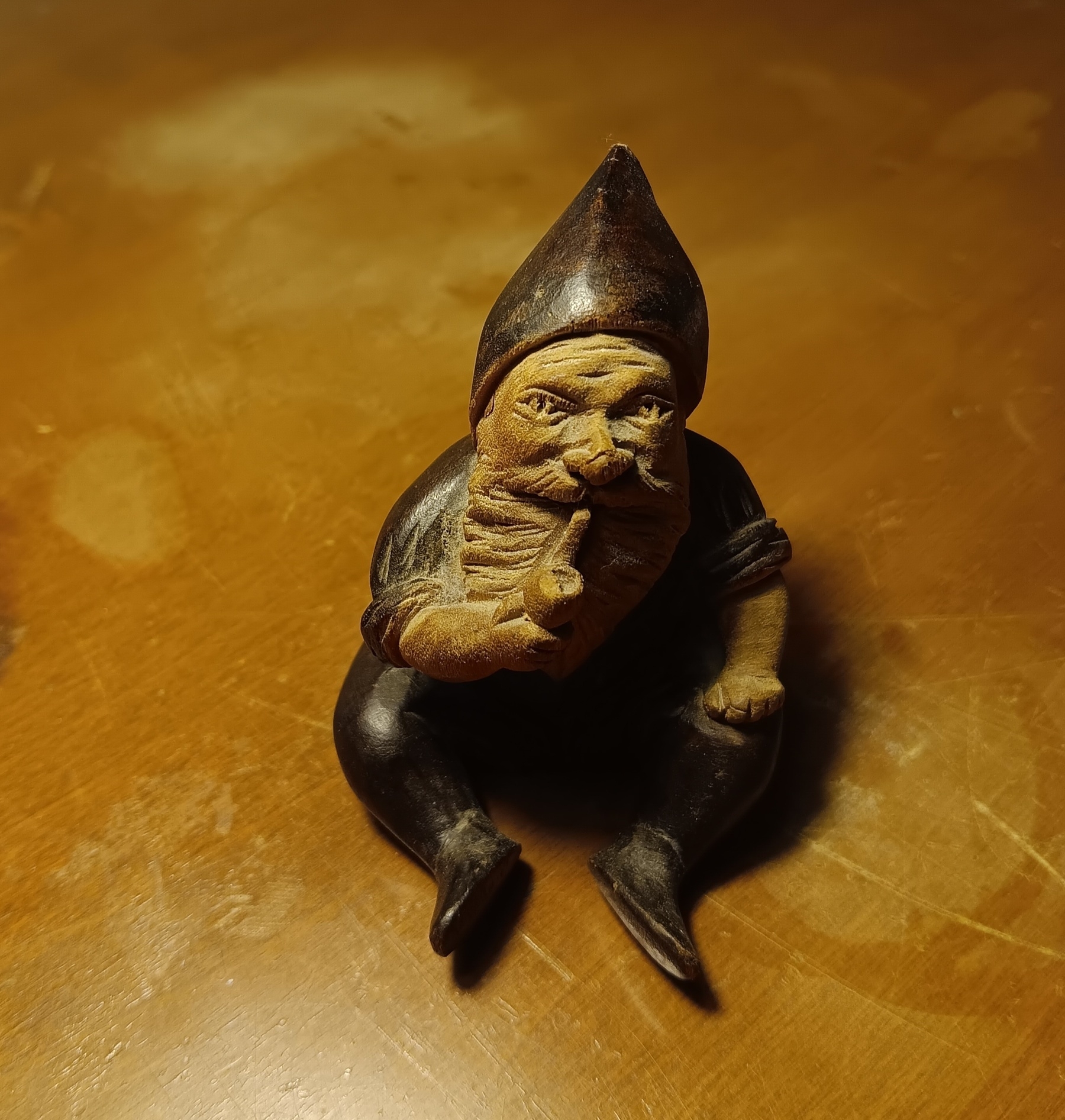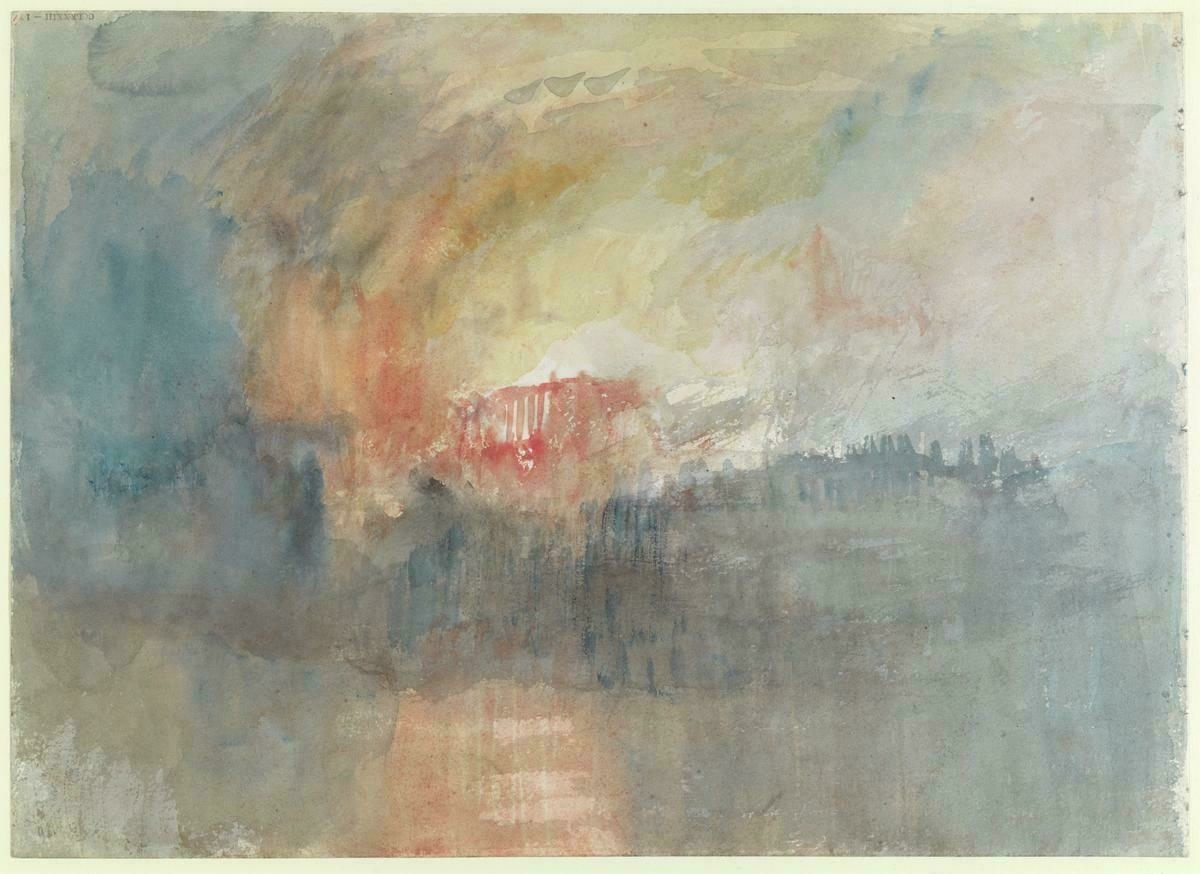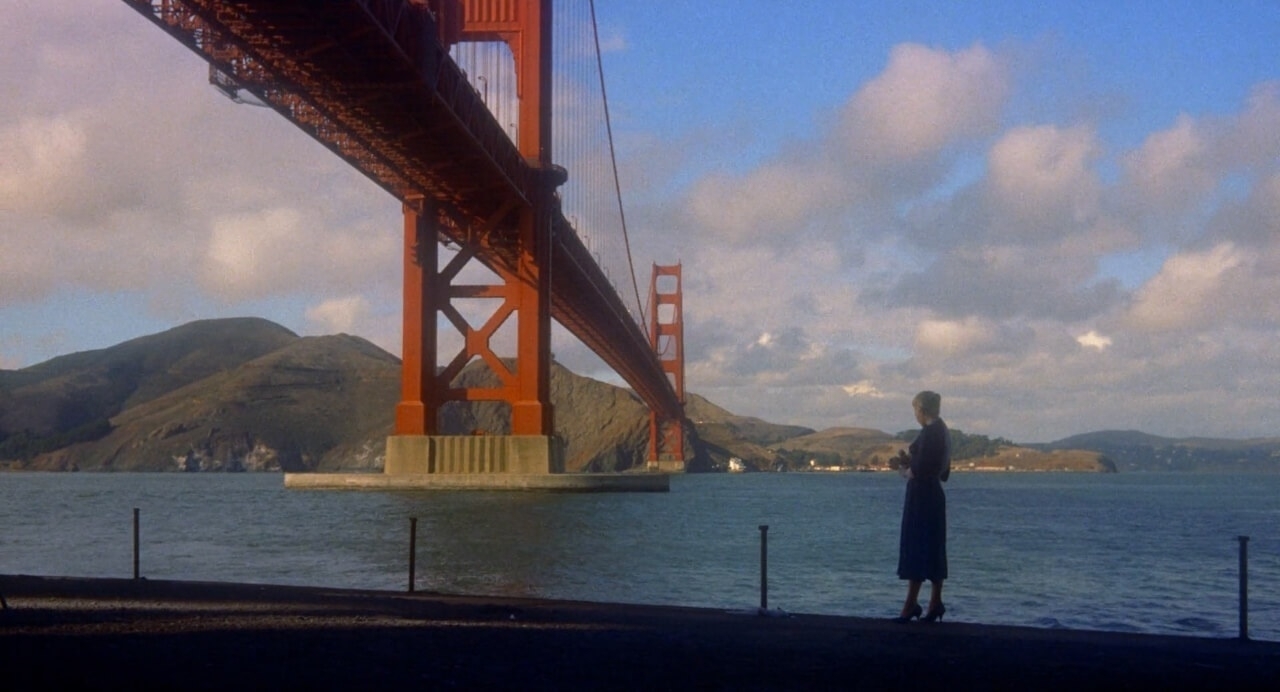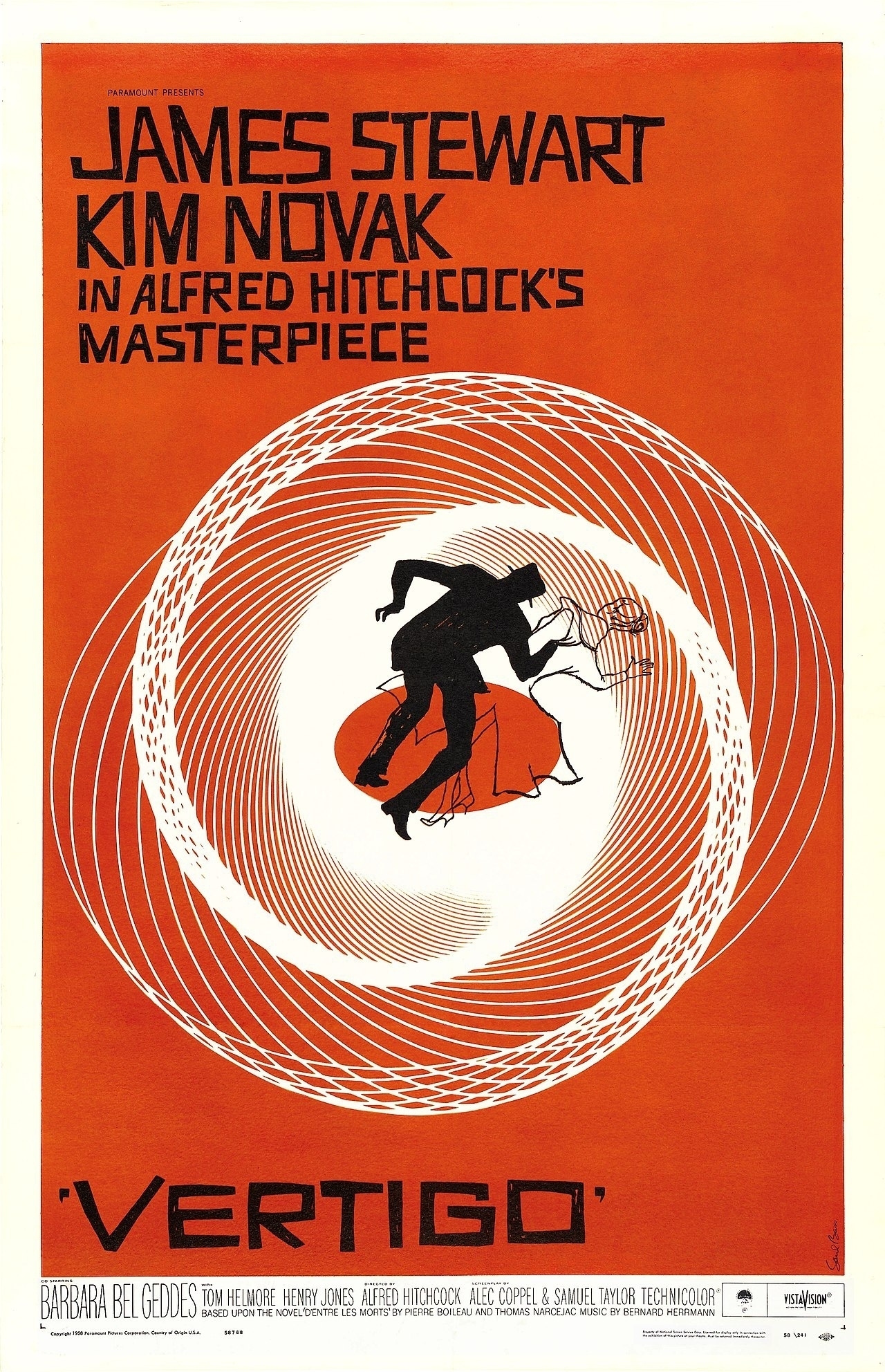Kirsten Sanders, concluding a piece about how religious deconstruction, which she formerly offered at least a qualified endorsement of in CT, now seems to her to be a species of “the technological imaginary”—it is more “machine-led” and less “human-led”:
When our religious practices derive from our engagement with algorithmically mediated technologies, our vision for what religion is is characterized by a self-focused narrowing. We come to see more of what we desire, and so desire more of what we see. What a religion is, or what a practice of personal faith might be, is slotted into the very same holes that might be assigned to interior decorating or weeknight recipes. If you like fast family suppers, you will see more of them. If you love moody bookcases, there are thousands to feast your eyes on. And if you feel embarrassed or frustrated or isolated from the faith of your youth, then there are dozens, hundreds, even thousands of individuals who will help you curate that animus. The algorithm will keep you right where you are.
There is a promise buried in the Christian faith, right in your baptism. If you were dipped in water by a pastor and your well-meaning parents, you were baptized into the covenant between God and the world. This covenant was mediated between God and Abraham and then revealed in Christ, who in water and blood spoke God’s own word to the world- that God is making all things new. In baptism, in the splashing of water on skin, the most basic of theological equations is revealed. In Christ God makes matter matter. He moves on the earth and sets it aflame and invites us in our tunics of skin to be made God’s own, now and into eternity, where our fading life will once again be remade. He calls us out of ourselves, out of our incessant, self-absorbed narrowing, to expand our visions. Instead of being fed over and over again with what we already desire, we are invited into a new life that we could not imagine for ourselves. No one, seeking to have their ideas reinforced, would imagine forgiveness, or chastity, or confession. But these are the very goods that the Church has on offer- that you might look up, and live.
Some will of course fall away and renounce their baptism. But many more, it seems, are undertaking a radical revision of religion itself. Instead of staying or leaving, they are remaking the Church in the image of the Machine, revising it so that it fits their own narrowed desires, values, and demands. When religious deconstruction takes such a form, it should not be coddled or encouraged. Let the dead bury their own dead. There is only one way that leads to life, and it is narrow, yes, but that narrowing leads us beyond ourselves, to the only One who is not made by human hands.










